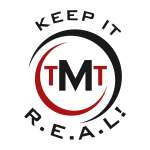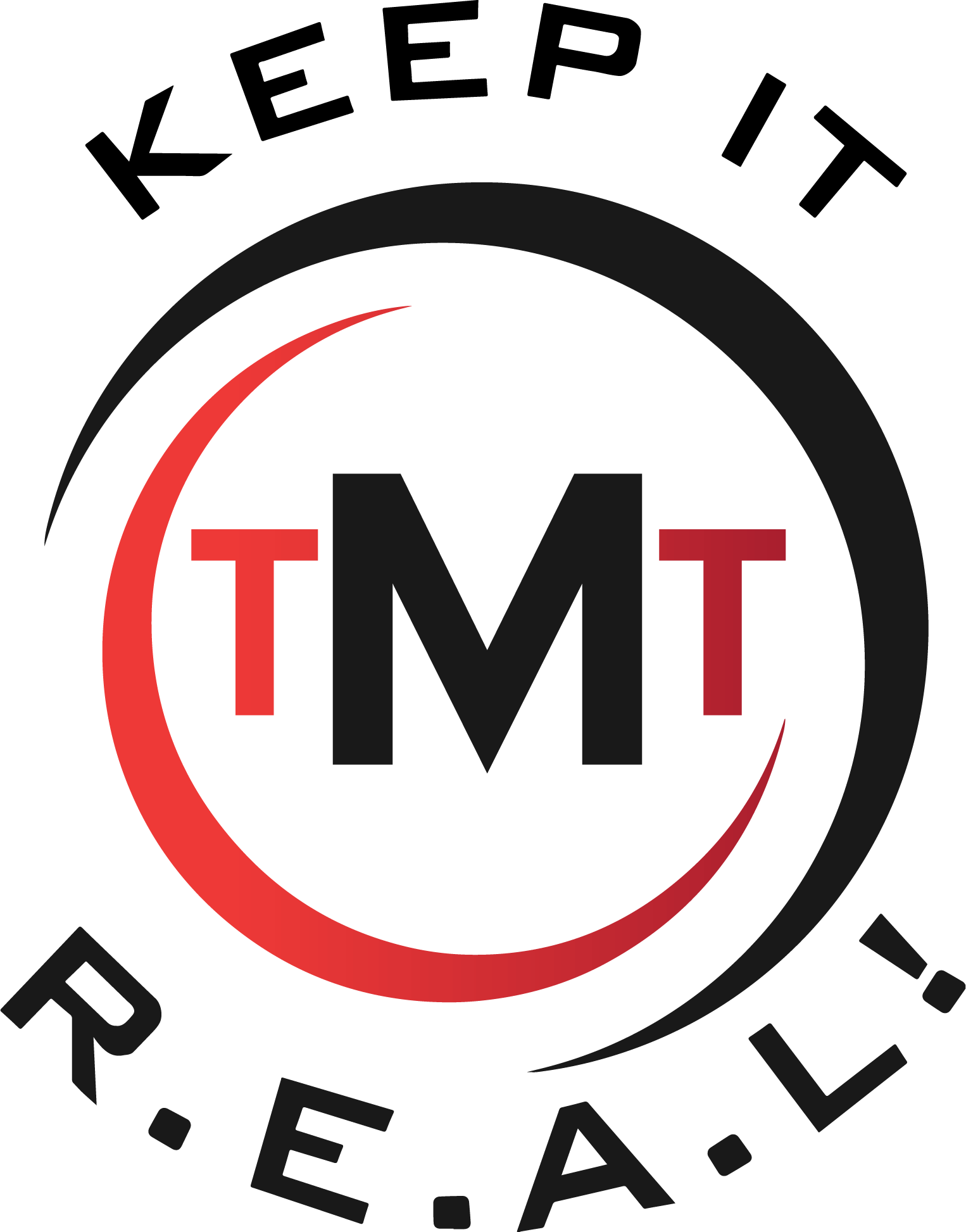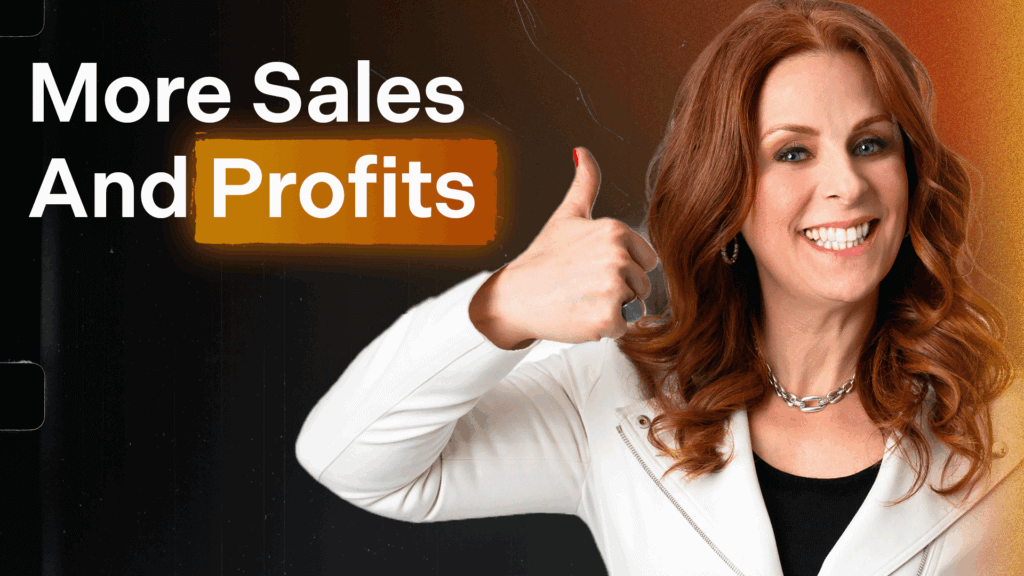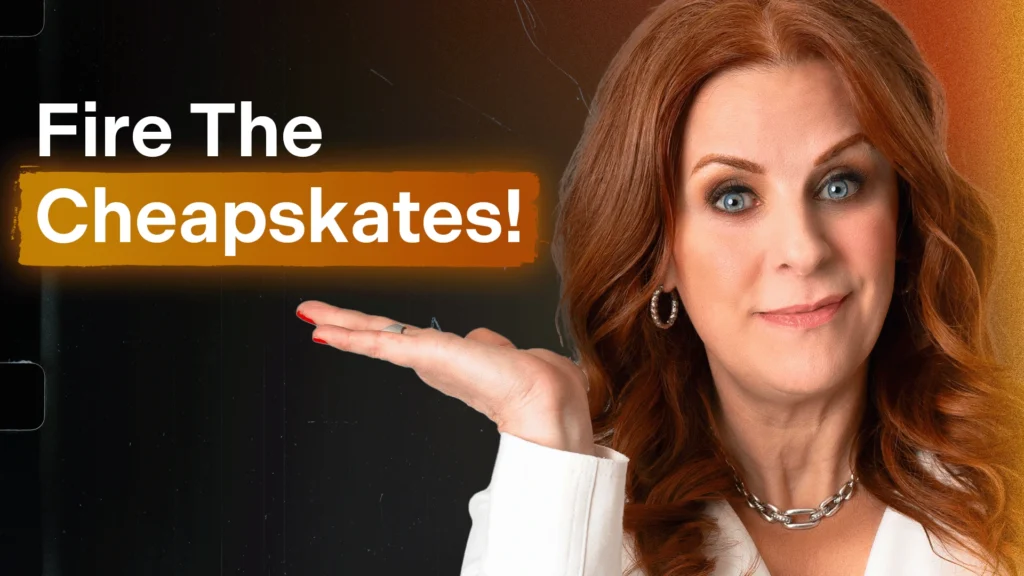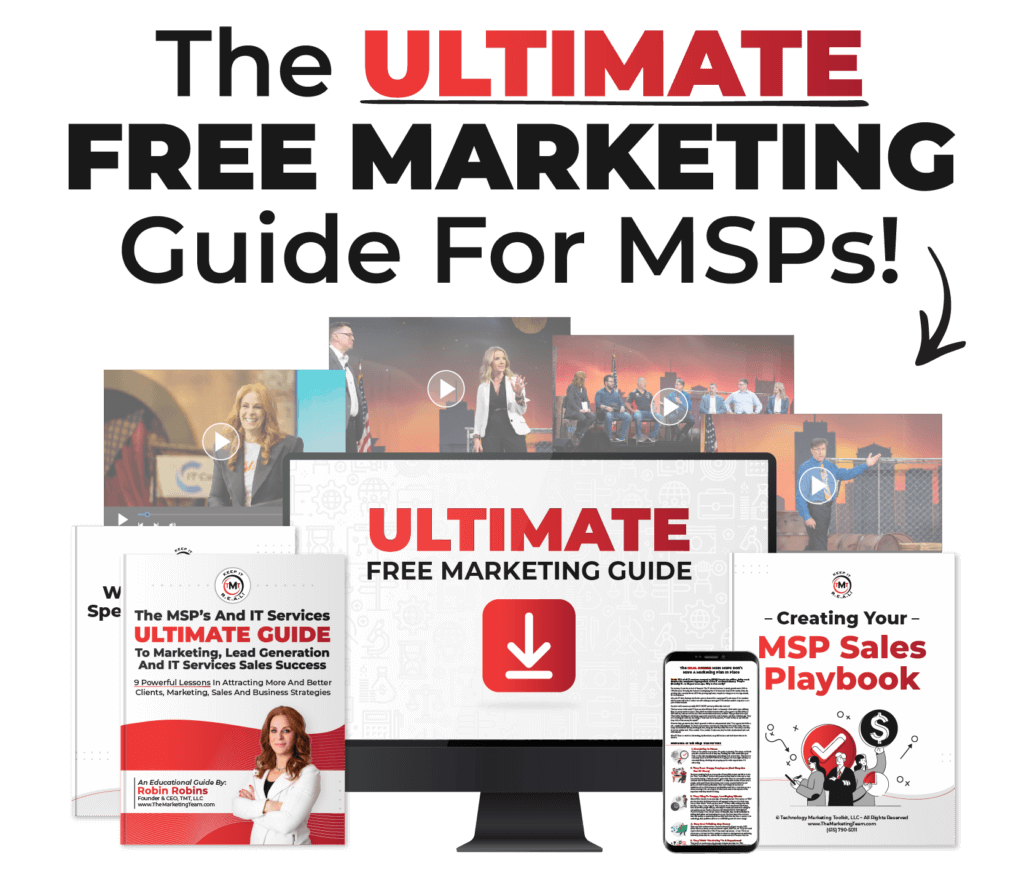I have been getting a LOT of questions around the topic of creating a unique selling proposition. Confusion abounds. Therefore I thought I would take a moment to give a quick refresher on what it is, why you need it and how it’s used.
First, a quick history lesson: Rosser Reeves coined the phrase “unique selling point” back in the 1940s when researching why some advertising campaigns worked better than others.
Since then it has been used by various marketers and has morphed into “unique selling proposition,” which is now more commonly used. Ogilvy said you need a “big idea.” Trout says you need to “differentiate or die.” I talk about your value proposition and competitive advantage. Regardless of how you phrase it, the meaning is the same: What’s the single most compelling reason why a prospect should buy from YOU over all the other options, vendors and choices they have? The key word in unique selling proposition is, of course, unique. Since the answer to the above question should be unique to you and dependent on your abilities, systems, niche and offering, I cannot just give you a USP in a template. I can (and will) however give you some guidelines.
First, your services have to be FOR somebody specifically, not the masses. When I ask MSPs “What’s your target audience,” I’ll often hear, “Anyone between 5 and 100 PCs in the such-and-such area.” Bull. A 5-person company is an entirely different animal than a company with 100 employees. Totally different situation, needs, budgets, etc. You can’t niche the phone book. That doesn’t mean you must have a particular vertical to be successful. You can certainly have a variety of businesses as clients; but I would urge you to find the commonality of those clients be it size, income, pace of growth, service category, etc.
Second, whatever makes you unique must be RELEVANT to your clients— something exciting, engaging or of particular value to the person paying you money. That means you need to know what your competition is offering and doing and find that point of difference that matters the most to your clients and MASTER it. For my company, our USP is that our marketing is specifically designed for companies selling outsourced IT services. In the beginning, that was sufficient since there were no competitors. Now my success has been “noticed” and marketing and sales coaching programs are springing up left and right. So now our USP is that we have more documented client success stories than any other marketing consultant in this niche, period. Therefore if getting results is at the top of you criteria list for choosing who to follow (not price), we’re the clear choice. Naturally, not everyone thinks that way and I don’t see what we sell as a zero sum game (us or nobody). We have different challenges in marketing that are more troublesome than “choose us over them.” But the point is that our USP is true, it’s unique to us (therefore cannot be copied) and it’s relevant to the people we want as clients. If you’re struggling to figure out what your USP is or what it SHOULD BE, find out what the top pet peeves are for prospects in your niche regarding IT services and support. Essentially, where are the irritants in dealing with other IT consultants and with technology in general? Once you know that, make it your mission to eliminate those irritants or solve those problems better than anyone else. Then you can back that up with facts and statistics, client case studies and guarantees.

